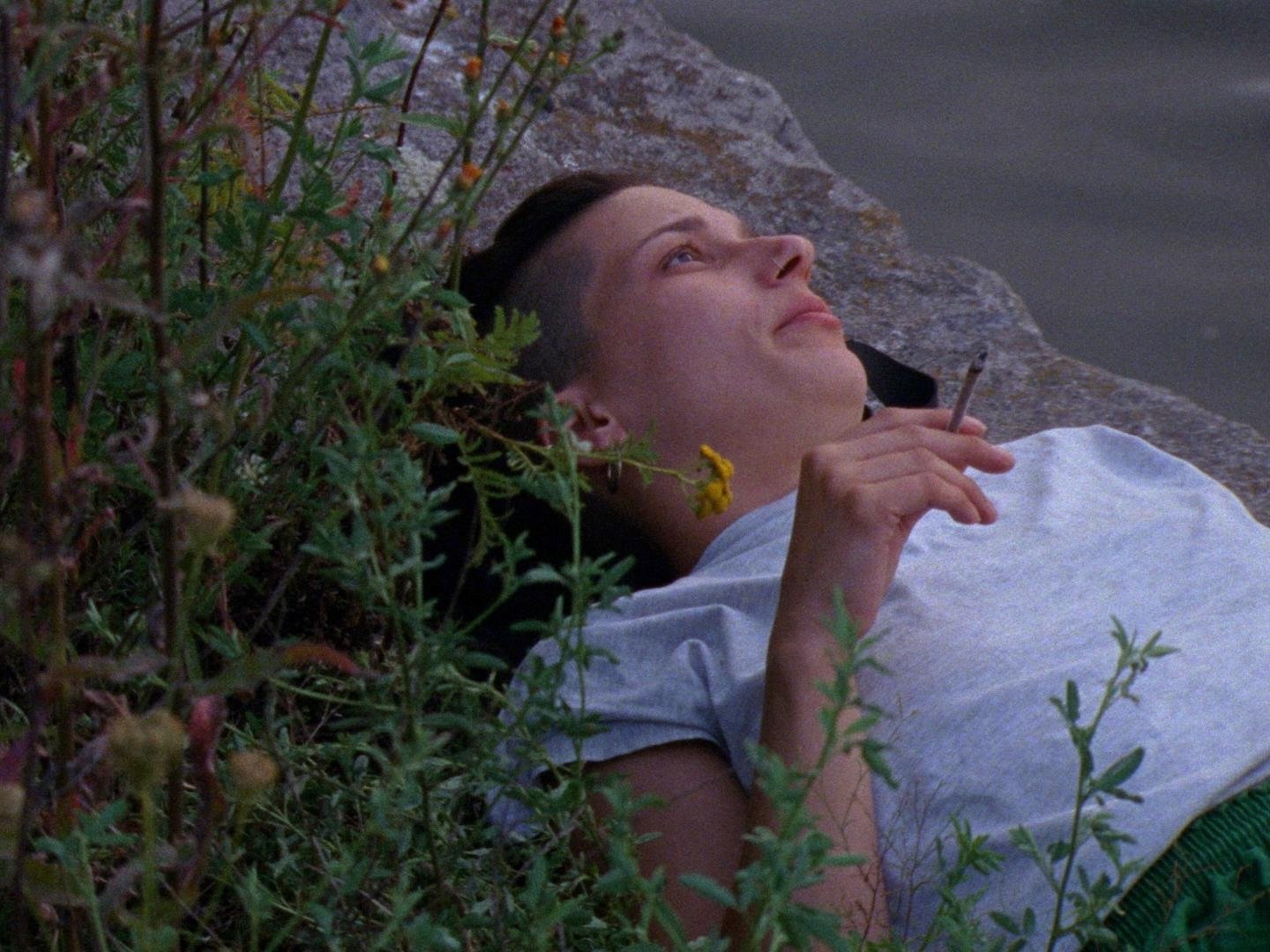
Kapital Europe follows the daily struggle of a Romanian construction worker and a Greek bike courier in Brussels. Blurring the line between fiction and reality, the film intimately explores labour, uncertainty, and resilience in a capitalist, globalized world.
EN
Ive Stevenheydens: Your film focuses on working newcomers such as Reginald from Romania and Nikki from Greece. How did you come up with this idea and theme? What lies at the foundation of Kapital Europe?
Ben De Raes: The film is a continuation of my earlier documentary short Waiting Working Hours from 2019. That film revolves around workers waiting on a Brussels street corner, hoping to find a day job. By talking extensively with these people on the street, I gathered a wealth of information. Even after completing the short film, some things remained untold. Kapital Europe explores how labour can be depicted, something often missing in fiction films. In fiction, you might see physical labour briefly at the beginning of a film to set up a character’s social situation.
After that, everything revolves around drama and narrative. I wanted to explore how you can portray work itself in a film as something constructive, as something that keeps the economy running. And how can you create tension around that? I shot the film on 16mm, and it was later converted to digital. This gives the work a certain texture, a particular flair. But it also imposed a restriction during filming: we had to use the material sparingly, which helped us respect the timing and performances of the players in the film. I see this as a Marxist approach: labour is the driving force of the film. This is particularly evident in the first story, where we follow Reginald. We see him begin and end a workday, which forms the structure of his chapter. With the second protagonist, Nikki, it’s different. As a bike courier, she works in a new, precarious job where people are supposedly their own bosses. In reality, that’s not true. She cycles through the city in an endless loop, with no clear beginning or end. Her work is perpetual, and the worker is completely interchangeable. It doesn’t matter who delivers the meal. Nikki’s work has barely any value. After Waiting Working Hours, I developed these themes further in Kapital Europe. [...]
Brussels also plays an important role in your film. The city – with its traffic, architecture, hustle and bustle, lesser-known corners, and chaotic charm – even takes on a starring role. How do you view your home city? Where do you place yourself in the film?
The title Kapital Europe is a wordplay that refers both to Brussels as the official capital of Europe and to the place where Karl Marx wrote his critique of capitalism in The Communist Manifesto. I’ve been living in the city for almost ten years now. Brussels is in constant transition. I fully embrace the city’s extreme diversity. The locations in the film are often construction sites, through which I want to raise the question of where this city is actually heading. Every Western city seems to resemble the others in this era, but in Brussels, there seems to be a mindset that wants to resist and can resist generic development.
Ben De Raes in conversation with Ive Stevenheydens1
- 1Ive Stevenheydens, “Labour as the Heartbeat of the City. Ive Stevenheydens in conversation with Ben De Raes,” Kapital Europe press kit.

